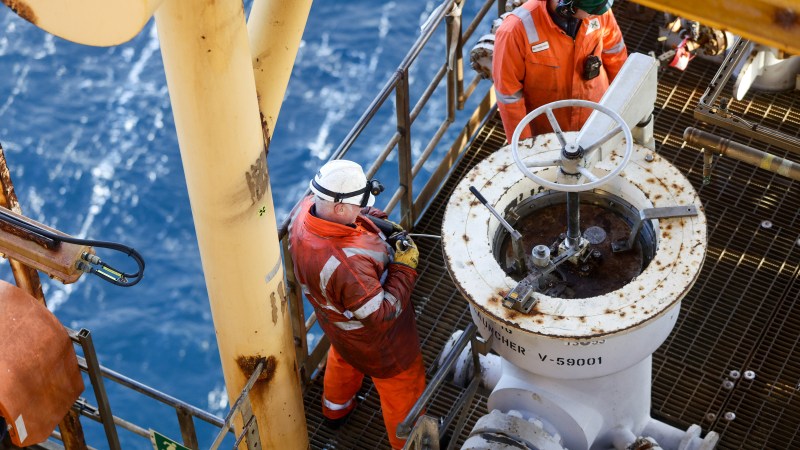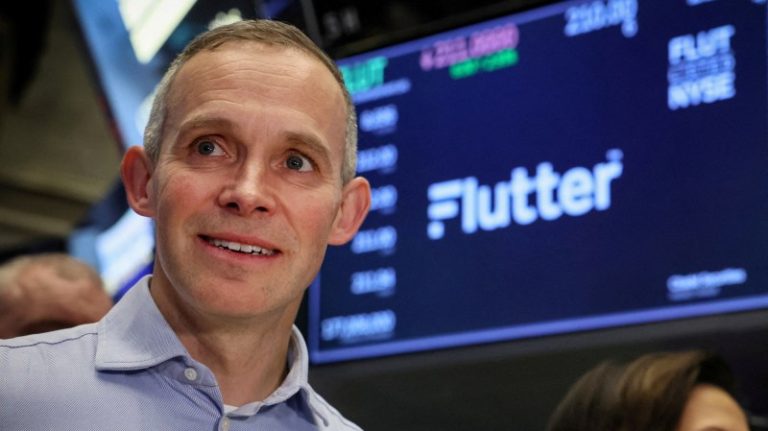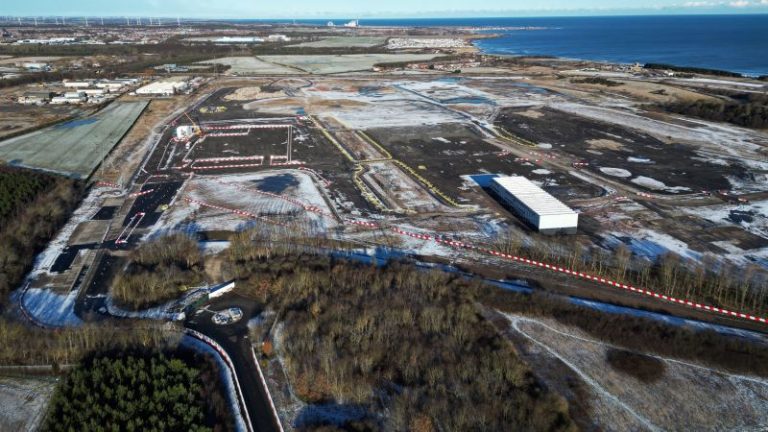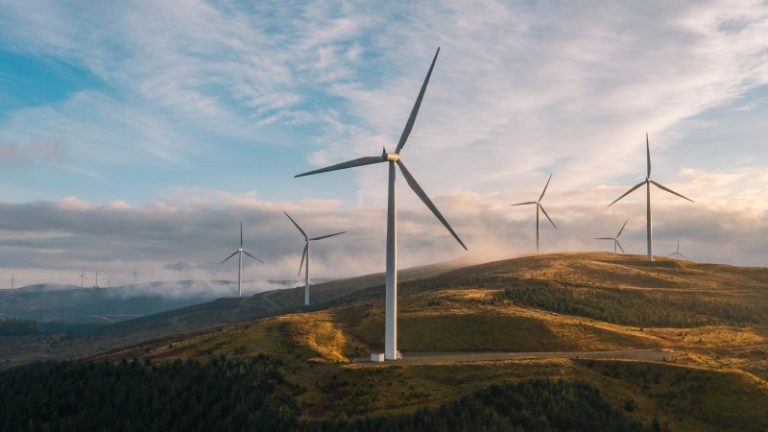Shell $7.7bn profits beat forecasts
Shell has reported better-than-expected profits for the first three months of the year, having benefited from a stronger performance in oil trading and a recovery in refining margins.
Europe’s biggest oil and gas company reported adjusted earnings of $7.7 billion during the first three months of the year, down from a profit of $9.7 billion over the same period last year but higher than the $6.5 billion that City analysts had forecast for the quarter.The FTSE 100 group rewarded investors by announcing that it would buy back $3.5 billion of its shares over the next three months, matching a $3.5 billion buyback over the previous quarter. It marked the seventh consecutive quarter that the company has announced buybacks in the $3 billion-$4 billion range.

The buybacks come on top of a first-quarter dividend of 34.4 cents a share, an increase of 20 per cent on the payout in the first quarter of last year.
Analysts at RBC Capital said higher operating cashflow, which came in higher than expectations at $16.1 billion, demonstrated that there was room for the group to increase shareholder returns during the second half of the year.
Wael Sawan, chief executive of Shell, said that returning capital to shareholders continued to be a bigger priority than major mergers and acquisitions. “We still see that our share price is not reflective of the underlying valuation of the company,” he told The Times.
The better-than-expected quarterly figures come as Sawan, 49, faces renewed questions over whether he will lead the oil major to switch its listing from London to New York in an effort to close the valuation gap between the group and its American peers.
He said: “We were very clear when we kicked off the capital markets day sprint of ten quarters that this was going to take time as we need to re-earn the trust of the market.”
Sawan insisted that he was not worried that the valuation gap with American peers had not yet closed. The focus in this “sprint” was on growing free cashflow to improve the “fundamental valuation” of the group, something that moving the listing to New York would not achieve, he said.
However, the group’s primary listing would be kept “under review” but was “not currently a live discussion within the company”.
“The whole issue is not one of the London market, there are just basic fundamentals we have to work on,” he said, pointing towards a cost base and capital expenditure that was previously too high.
Shell also faces a resolution filed by a group of shareholders, which collectively own 2.5 per cent of the oil major, urging the group to set tighter climate targets. Shell has said shareholders should vote against the resolution.
“What is being proposed is not aligned with shareholder interests,” Sawan said, or what its customers wanted, and was “bad governance”.
Shell credited its performance to higher margins on oil trading and a recovery in its refining business.
Profits for the integrated gas business, which includes the secretive trading arm, declined to $3.7 billion, from $4.92 billion last year, but ahead of the $2.9 billion analysts had expected. Sawan said the profit beat was down to a better operational performance by the business, with 7.6 million tonnes of liquefied natural gas (LNG) delivered into the market.
The average LNG price realised by Shell’s integrated gas division was $73 a barrel during the first quarter, up from $65 a barrel during the final three months of last year.
Sawan has embarked on a “structural cost-reduction” strategy since being appointed to the top job, with plans to reduce operating expenses by $2 billion to $3 billion by the end of next year, of which more than $1 billion has been removed so far.
Capital expenditure guidance for this year was maintained at between $22 billion and $25 billion, which at the midpoint would represent a fall from the $24.4 billion spent last year.
Shell shares, which have risen by 22 per cent over the past year, increased by 54p, or 1.9 per cent, to £28.73.






